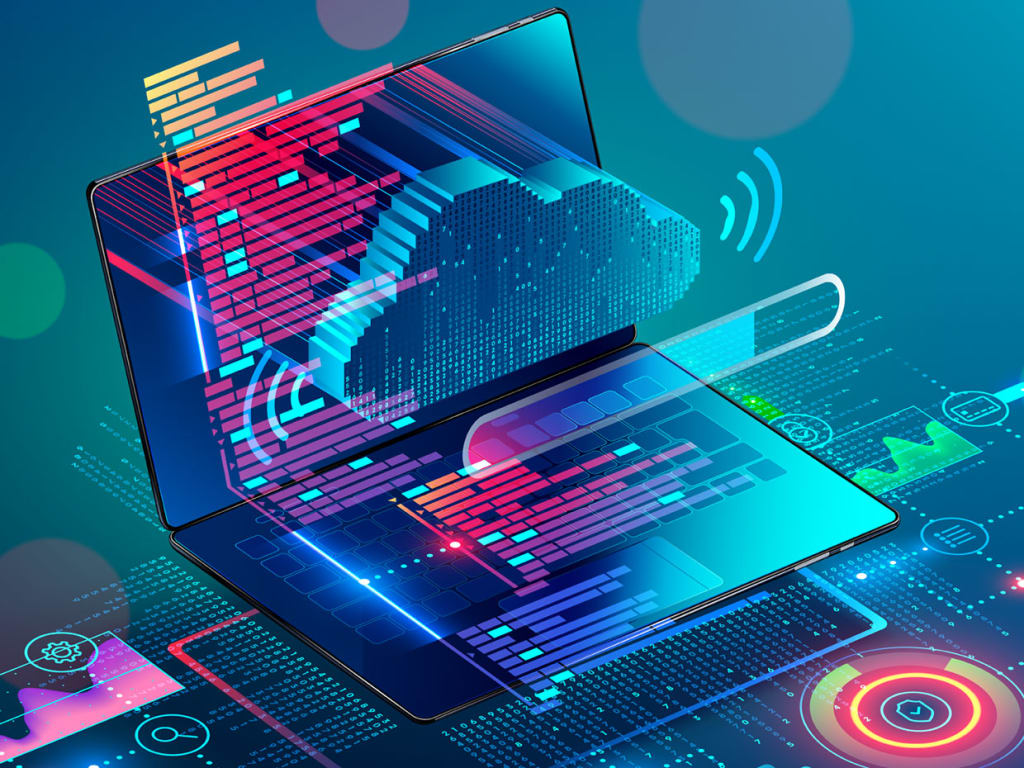
The Evolution and Impact of Software: From Code to Innovation
In the realm of modern technology, software stands as an invisible yet essential force driving progress across various industries. From the simplest mobile apps to complex artificial intelligence algorithms, software has become an integral part of our daily lives, reshaping how we interact, communicate, and conduct business. This article delves into the evolution and impact of software, highlighting its transformative journey from lines of code to groundbreaking innovations that continue to shape our world.
The Genesis of Software: From Binary to High-Level Languages
The origins of software can be traced back to the early days of computing when programmers manually entered binary instructions into machines to execute tasks. This painstaking process laid the foundation for the development of assembly languages, which provided more human-readable instructions. The invention of high-level programming languages, such as Fortran and COBOL, revolutionized software development by allowing developers to write code using familiar words and phrases. This breakthrough democratized programming and paved the way for a new era of innovation.
The Rise of Operating Systems and User-Friendly Interfaces
As computers became more powerful, the need for efficient management of hardware resources led to the development of operating systems. These software frameworks provided a foundation for other programs to run smoothly while abstracting complex hardware interactions. The graphical user interface (GUI) further transformed software interaction, enabling users to interact with computers using visual elements like icons, windows, and menus. The release of Microsoft Windows in 1985 marked a significant turning point, making computers more accessible to a broader audience and laying the groundwork for the personal computing revolution.
Software's Impact on Industries and Society
The impact of software extends far beyond technology circles; it has permeated virtually every industry. In healthcare, software facilitates precise diagnostics through medical imaging and enables the management of patient records and treatment plans. The finance sector relies on software for high-frequency trading, risk assessment, and secure online transactions. Transportation has been disrupted by ride-hailing apps and autonomous vehicle control algorithms. Education has seen a shift toward online learning platforms and interactive educational software.
Software's societal impact is equally profound. Social media platforms have transformed how we connect and share information. Communication tools like instant messaging and video conferencing have bridged geographical gaps. E-commerce platforms have redefined how we shop and conduct business. However, software's influence is not without challenges, including concerns about data privacy, security, and the digital divide.
Innovation through Software: Artificial Intelligence and Beyond
The 21st century has witnessed groundbreaking innovations driven by software, particularly in the field of artificial intelligence (AI). Machine learning algorithms, a subset of AI, have enabled computers to learn from data and make predictions, revolutionizing industries from healthcare (diagnosis assistance) to entertainment (content recommendation). Natural language processing (NLP) has given rise to chatbots and language translation tools that facilitate global communication. Meanwhile, software underpins the development of autonomous vehicles, smart cities, and the Internet of Things (IoT), further blurring the lines between the digital and physical worlds.
To Buy: https://www.digistore24.com/redir/467549/TayyabBhatti562/
Challenges and Future Horizons
While software has propelled us forward, it also presents challenges. The rapid pace of technological change can lead to software obsolescence and security vulnerabilities. The complexity of modern software systems can make them difficult to maintain and upgrade. Ethical concerns arise with the increasing integration of AI into decision-making processes, raising questions about bias, accountability, and transparency.
Looking ahead, the future of software holds exciting possibilities. Quantum computing promises to revolutionize computation itself, tackling problems that were previously unsolvable. Augmented reality (AR) and virtual reality (VR) applications will redefine how we interact with digital information and the physical world. As software continues to evolve, interdisciplinary collaboration will play a pivotal role in shaping its trajectory, merging expertise from fields such as computer science, psychology, and design.
In Conclusion
From its humble beginnings as lines of code to its current role as a driving force behind innovation, software has transformed the way we live, work, and interact. Its influence spans industries, shaping economies and societies. As we navigate the challenges and opportunities presented by software, fostering a balance between technological advancement, ethical considerations, and societal well-being will be paramount. As history has shown, the future of software is limited only by the bounds of human imagination and ingenuity.





Comments
There are no comments for this story
Be the first to respond and start the conversation.